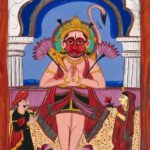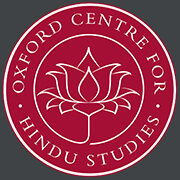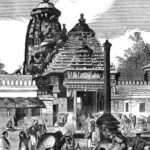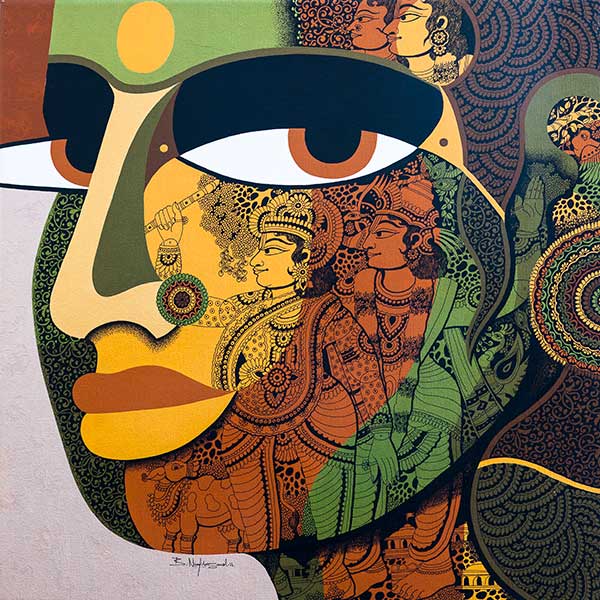Colonial Hinduism
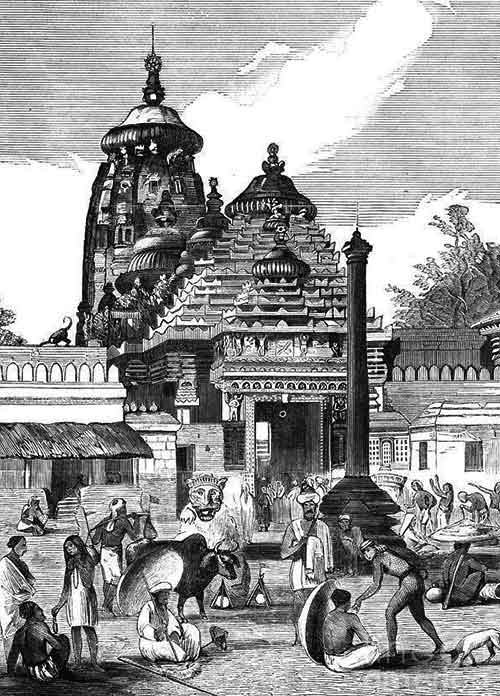
During the colonial era, Hinduism saw significant changes in its religious ideas and social practices. It could be said to have turned relatively more liberal, rational, socially sensitive, and utilitarian.
Alongside nationalism, a new Hinduism was wrought through modern institutions of higher learning; larger communication networks; the growing importance of print; and the spectacular growth of vernacular languages and literature.
The colonial state played an active role in most of these changes. However Hindus were not passive recipients of these changes and there were significant responses and adaptions to western thought and practice.
Start Date: 12 October 2025
Late enrolments still open for a limited time
Course Duration: Seven Weeks
187 pages
On-Demand Video
The main video component of your course. On-demand means you can watch at the time that suits you.
5hr 15min
Community Discussions
These free Zoom sessions are not part of your main course materials. They are led by OCHS-affiliated scholars and open to students enrolled in any course.
Explore other areas of Hindu studies! Meet tutors and students from other courses!
Monday, 20 October, 4pm
Tuesday, 28 October, 3pm
Wednesday, 5 November, 3pm
Thursday, 13 November, 5pm
Sunday, 23 November, 6pm
These are all UK times. Recordings are available for any sessions you miss
Session One: Colonial Hinduism – An Introduction
We begin with an overview of Colonial Hinduism. We look at what Hinduism was before the British arrived and how profound the changes were that colonialism brought. We also ask what is colonialism and specifically, what was British colonialism?
Session Two: Rammohun Roy and the Stirrings of New Hinduism
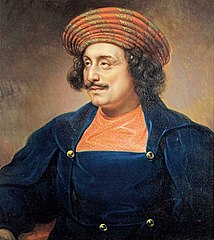
We examine early intellectual and cultural exchanges between India and Britain. How did the colonial British attempt to understand India, its religions, and philosophies? And in turn, how did India respond to western ideas, science, and social organisation? In this session we seek to better understand Orientalism and Indian responses, represented by Rammohun Roy.
Session Three: Reform – The Bengal and Bombay Presidencies, 1830–1890
An integral part of colonial Hinduism was its engagement with ‘reform’. In this session we attempt to understand this concept and its effect on social practice. We focus on reform in the Bengal and Bombay Presidencies and the work of the Brahmo Samaj; Bankimchandra Chattopadhyay; Odisha’s Mahima Dharma Movement; and Gujarat’s Swaminarayan Movement.
Session Four: Reform II – The Madras Presidency and the Punjab, 1830–1880
Meanwhile, Madras and Punjab were finding their own responses to colonialism. Violent anti-colonial movements took root in Punjab and later, the ‘non-Brahmin movement’ became prominent in Tamil-speaking areas. In this session we examine Dayananda Sarasvati and the Arya Samaj as well as Narayan Guru in Kerala.
Session Five: Social Reform – Women and Caste

Religious reform naturally led to social reform. In this session we look at the challenges faced by Hindus in the face of a re-examination of caste relations and the role of women. Caste-practices were challenged by many including Ambedkar and this demanded responses from the colonial powers and by Hindu groups. The so-called ‘Woman Question’ dealt with issues including female infanticide, sati, polygamy, age-of-consent, and education imbalances.
Session Six: Aggressive Hinduism – Ecumenical, Evangelist, Expansive
Colonial Britain’s subordination of India’s economic interests sparked a new political consciousness amongst western-educated Hindus and Hinduism itself become politicised. As a response to colonialism, Hindu nationalism proposed a ‘counter-aggression’. In the late 19th century Gandhi began to develop his ideas while a number of other responses were brewing including those of the Brahmo Samaj and Vivekananda. This period also saw the rise of evangelical movements and a Vaishnava revival.
Session Seven: Hinduism – Colonial to Contemporary
It is difficult to generalise about contemporary Hinduism because of significant and persistent regional variations. However, in recent years, there has been a discernible political effort to Hindu-ise India and to get Hindus to agree on the idea of a common Hindu culture. Does this approach violate the very plurality of the Hindu world view?
Associated Courses
Your Tutor
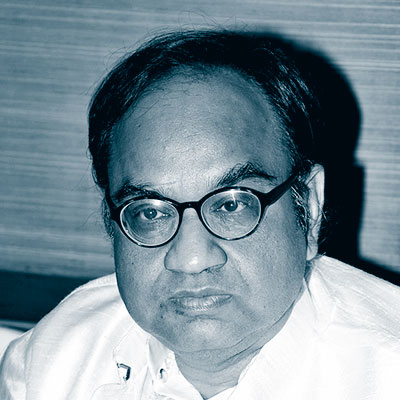
Prof. Amiya P. Sen
Amiya Prosad Sen is a historian with an interest in the intellectual and cultural history of modern India. A previous Shivadasani Fellow at the Oxford Centre for Hindu Studies and Heinrich Zimmer Chair at the South Asia Institute, Heidelberg University, he has served as Professor of Modern Indian History at Jamia Millia Islamia, New Delhi. He has been Agatha Harrison Fellow to the University of Oxford and Visiting Fellow to the Indian Institute of Advanced Study, Shimla, and the Centre for Contemporary Studies, Nehru Memorial Museum & Library, New Delhi. During 2007–08, he was Tagore professor at Vishwa Bharati, Shantiniketan.
